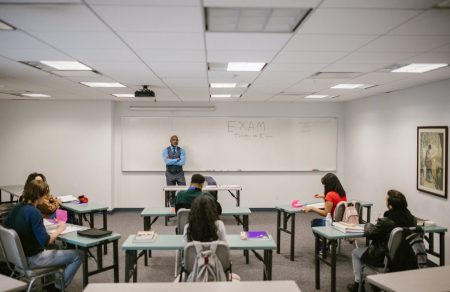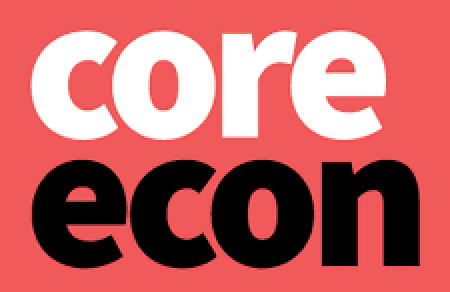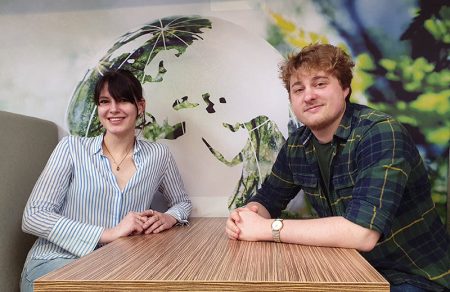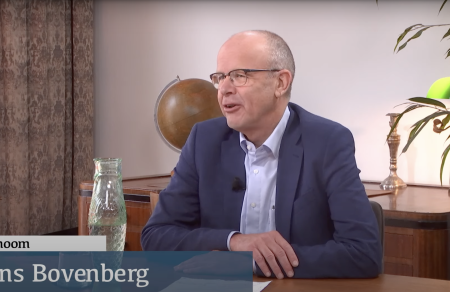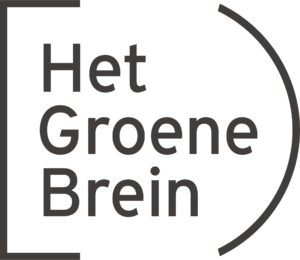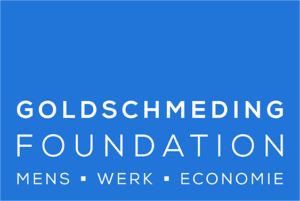Forward-looking economics education alive, but looking for fulfillment
From November 14 to 18, the first edition of the Week from the Economics Education place. This week of, for and by education professionals in vo, mbo, hbo and wo revolved around sustainable, inclusive and future-proof economy education. What does the first Week of Economics Education teach us? And what is needed from here to get educational and curriculum renewal off the ground?
Review of the week
The first edition of Economy Education Week taught us that there is a lot of energy and movement in thinking about future-proof economy education. This is evidenced by the discussions sparked by (opinion) articles in (trade) journals (FD, Wed, ESB, Change.inc, Journal of Economic Education, Trade magazine Profile), but also from the large number of meetings organized by education professionals and the number of visitors these meetings attracted. During the week, more than 35 teachers and other education professionals organized meetings across the country to share how they implement inclusive, sustainable and future-proof economy education. Sample lessons were given, discussion sessions organized and teaching materials shared. For example, there was a session organized by Radboud University Nijmegen in which they shared how they integrate the principles of the Donut Economy into their economics courses, a session by the Amsterdam University of Applied Sciences on circularity in technical business administration, a session on virtue ethics in economics and finance courses, and an open e-course on meaning economy was launched. In total, these sessions attracted more than 650 engaged visitors seeking inspiration to give sustainability and inclusiveness more space in their economics education. They found much inspiration, tips and, above all, a network in which to learn. As one of the participants said afterwards, "It is inspiring to see how others are also working on this topic. I learned a lot from the experiences of others, which I can now use in my own teaching practice. Good that we know how to find each other now!"
Looking ahead to the future
At the same time, the week also taught us that much still needs to change to really get a renewal toward sustainable and inclusive economics education off the ground. In the first place, the question is what future-proof economic education is. How can we recognize and value our current economic education and at the same time make room for renewal? With what new economic concepts can the education offer be supplemented, and how do you teach pupils and students to move in this pluralistic offer? The Week showed that the debate about economics education is set in a larger debate about thinking about values and about the economy. This illustrates how important it is to have a broad conversation about the interpretation of economics education. In addition, systemically, much remains to be done to make room for these additions; in examination programs, in the curriculum and in teaching methods.
One thing is certain: hundreds of education professionals are not waiting, but have started. They are forming a movement toward sustainable, inclusive and future-proof economy education. They let it be known after the first edition of Economy Education Week that they want to seek each other out, talk through future-oriented economy education, engage students, bring the accelerators together and develop new methods.
